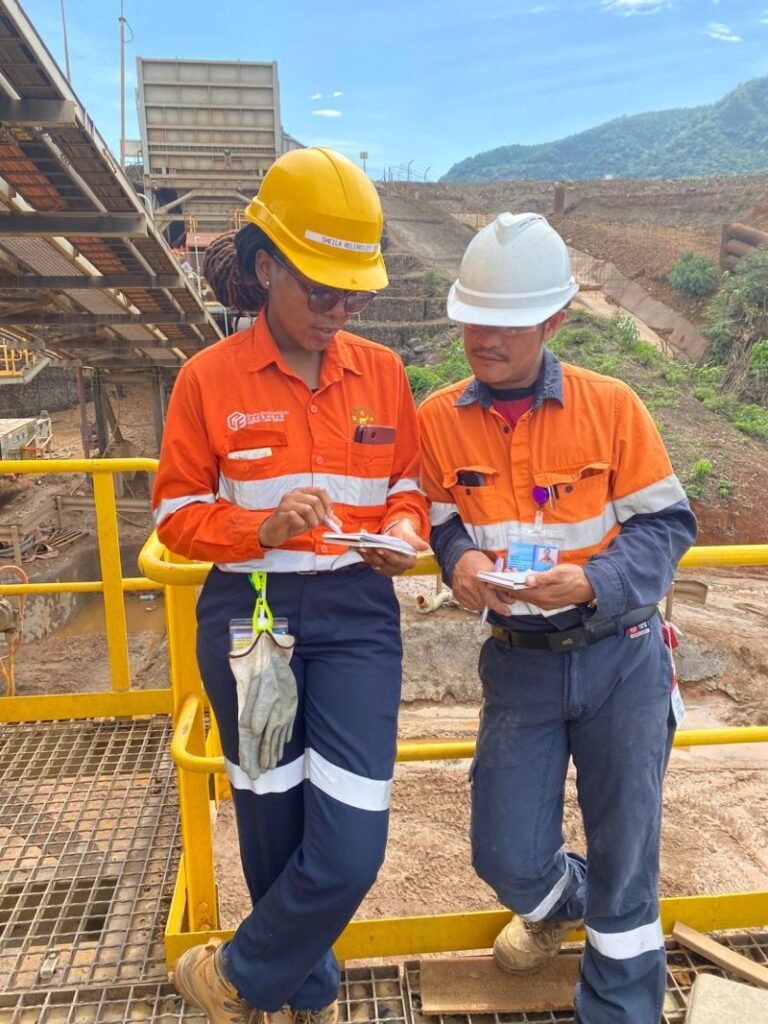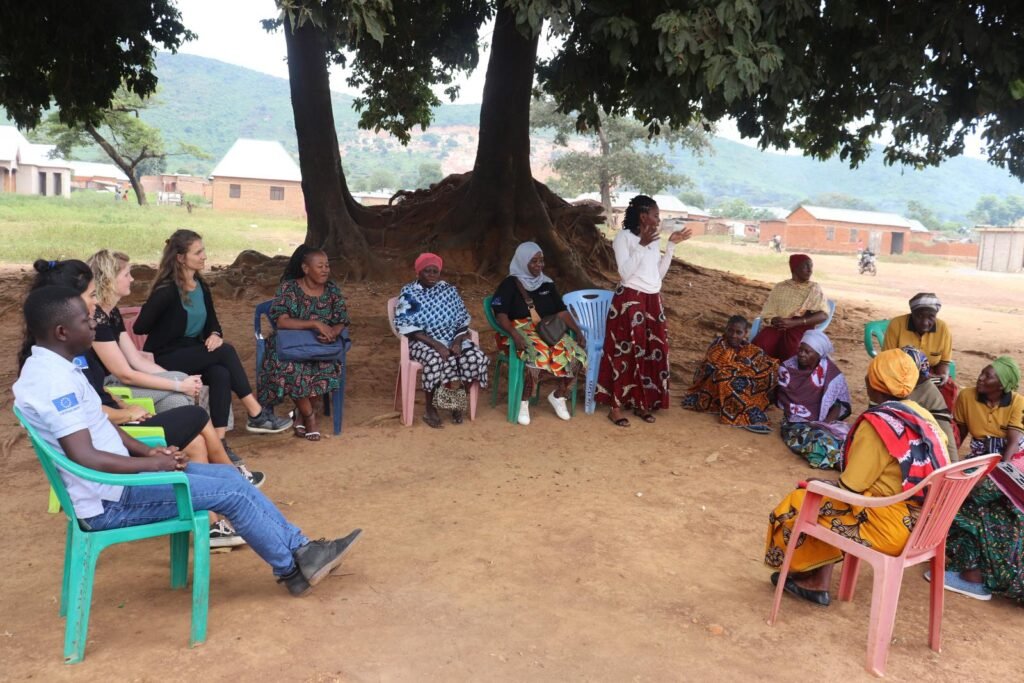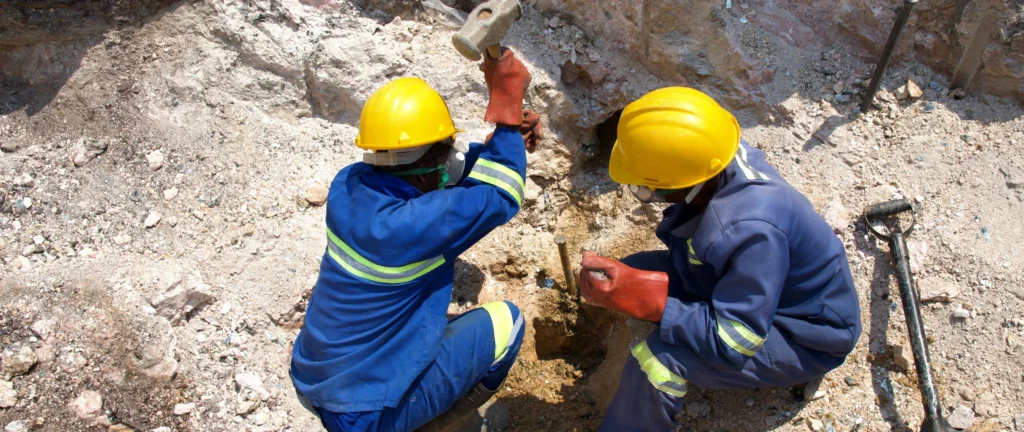Women in mining in Africa
Women in Mining in Africa: Breaking Barriers and Driving Change
The role of women in Africa’s mining industry is evolving, as more women break traditional gender barriers and take on leadership roles, technical positions, and entrepreneurial ventures. Historically dominated by men, the mining sector is now recognizing the value of diversity and inclusion, with women contributing to innovation, sustainability, and community development. Despite progress, challenges such as gender inequality, limited access to opportunities, and cultural stereotypes persist. In this blog post, we will explore the contributions, challenges, and future prospects of women in mining across Africa, supported by vivid image descriptions and insights.

The Growing Role of Women in African Mining
Women are increasingly participating in all aspects of mining, from exploration and engineering to management and entrepreneurship. Organizations like the Women in Mining (WIM) Africa Network are advocating for gender equality and creating platforms for women to share experiences, build networks, and access mentorship opportunities.

Contributions of Women in Mining
1. Leadership and Innovation
Women leaders are driving change by introducing innovative practices, improving operational efficiency, and prioritizing sustainability. For example, female executives in South Africa’s platinum mines have implemented eco-friendly technologies that reduce environmental impact while boosting productivity.

2. Community Development
Women in mining often play a pivotal role in fostering relationships between mining companies and local communities. They advocate for fair compensation, improved infrastructure, and programs that empower women and youth in mining regions.

3. Entrepreneurship and SMEs
Women entrepreneurs are establishing small and medium-sized enterprises (SMEs) in the mining supply chain, including equipment rental, transportation, and mineral processing. These businesses not only create jobs but also diversify the industry’s economic impact.

Challenges Faced by Women in Mining
1. Gender Inequality
Despite progress, women remain underrepresented in many areas of the mining industry, particularly in leadership and technical roles. Cultural stereotypes and biases often limit their access to opportunities.
2. Safety and Harassment
Women working in mines, especially in remote areas, often face safety risks and harassment. Ensuring safe and inclusive work environments is critical to retaining female talent.
3. Limited Access to Education and Training
Many women lack access to the education and technical training required for high-skilled roles in mining. Bridging this skills gap is essential for empowering women to advance in the industry.
4. Balancing Work and Family Responsibilities
Cultural expectations around caregiving roles can make it challenging for women to balance demanding mining careers with family responsibilities.
Initiatives Supporting Women in Mining
1. Mentorship and Networking Programs
Organizations like Women in Mining Africa and International Women in Mining (IWIM) provide mentorship, training, and networking opportunities to help women navigate career challenges and achieve leadership roles.
2. Government Policies and Quotas
Some African governments are implementing policies to promote gender equality in mining. For example, Rwanda has set quotas for women’s participation in decision-making positions within the sector.
3. Corporate Diversity Initiatives
Mining companies are launching diversity programs to recruit, train, and retain women. For instance, Anglo American has committed to achieving gender parity in its workforce by 2030.
Success Stories of Women in Mining
1. Patience Mususa – Zambia
Patience Mususa is a trailblazer in Zambia’s mining industry, having risen to senior management roles in multinational companies. She is also a vocal advocate for women’s inclusion and sustainable mining practices.
2. Nolitha Fakude – South Africa
Nolitha Fakude serves as the President of the Minerals Council South Africa and has been instrumental in promoting gender diversity and transformation within the industry.
3. Tsitsi Masiyiwa – Zimbabwe
As a philanthropist and entrepreneur, Tsitsi Masiyiwa supports women-led mining initiatives through her foundation, helping them access capital and markets.
Frequently Asked Questions (FAQs)
Q1: Why is gender diversity important in mining?
A1: Gender diversity fosters innovation, improves decision-making, and enhances corporate performance. It also promotes social equity and empowers communities.
Q2: What challenges do women face in African mining?
A2: Women face challenges such as gender inequality, safety concerns, limited access to education, and cultural biases that hinder their advancement in the industry.
Q3: How can the mining industry support women?
A3: The industry can support women by implementing diversity policies, providing mentorship programs, ensuring safe work environments, and offering equal opportunities for training and advancement.

